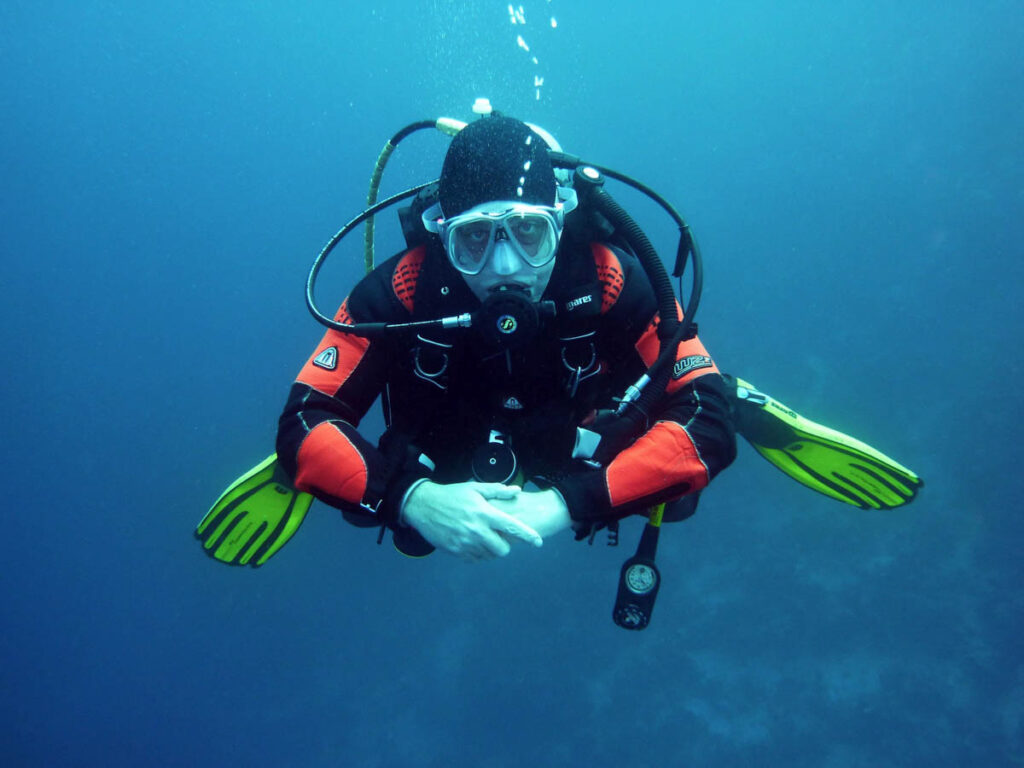The dive industry is a vibrant and adventurous world, yet beneath the surface lies a concerning dynamic that many dive professionals may not fully recognize. This article aims to shed light on the subtle yet significant shift in the relationship between dive training agencies and dive professionals, a shift that has profound implications for the industry’s future.
The Rise of Agency Branding
In the early days of recreational diving, dive professionals were the primary point of contact for new divers. They were the ones who provided training, shared their passion for the underwater world, and built lasting relationships with their students. However, over the years, major dive training agencies have increasingly emphasized the importance of their brand identity. This has led to a situation where dive professionals are encouraged, if not outright required, to prominently advertise the agency’s brand.
The rationale behind this strategy is clear: brand awareness. By promoting the agency’s logo, name, and reputation, these organizations aim to build trust and recognition among potential divers. On the surface, this seems beneficial for everyone involved. After all, a well-known and respected brand can attract more students, right?
The Shift in Perception
Unfortunately, this branding effort has created an unintended consequence. The perception among many customers has shifted to the point where they believe the training agency itself, rather than the individual dive professional, is responsible for their education and safety. This diminishes the visibility and perceived value of the dive professional’s expertise and experience.
In essence, dive professionals have become service providers to the big agencies. Subject to their demands and prices. They are seen as conduits through which the agency’s training programs are delivered, rather than as independent experts. This shift has significant implications for the industry’s dynamics.
The Cost Burden
Becoming a certified dive professional is not cheap. It involves substantial investment in training, equipment, insurance, and other associated costs. However, as the influence of big training agencies has grown, so too have the fees and costs imposed on dive professionals. These costs include certification fees, membership dues, and the expense of purchasing branded materials and equipment.
This financial burden is disproportionately shouldered by the dive professionals, while the big agencies reap the benefits of increased brand visibility and customer loyalty. The dive professionals, who are the backbone of the industry, are left to bear the brunt of these costs.
A Simple Solution
Despite the current situation, there is still time to change this dynamic. The solution is surprisingly simple: dive professionals should stop advertising which training agency they use. By doing so, they can shift the focus back to their own skills, expertise, and unique offerings.
This small change can have a big impact. It empowers dive professionals to seek out the best deals from their service providers without being tied to the brand loyalty imposed by the agencies. It also allows them to build their own reputation and brand, fostering direct relationships with their students based on trust and personal connection.
Reclaiming the Power
By reclaiming their independence and reducing their reliance on agency branding, dive professionals can regain control over their careers and businesses. They can negotiate better terms, reduce their expenses, and ultimately provide better value to their students. This shift can also encourage a more competitive and diverse market, where agencies must compete on the quality of their services rather than the strength of their brand.
In conclusion, the blindness of many dive professionals to the subtle shifts in the industry has allowed big training agencies to dominate the narrative and the market. However, by taking a simple yet bold step to de-emphasize agency branding, dive professionals can restore balance to the industry.
It’s time for dive professionals to recognize their own value, assert their independence, and ensure a sustainable and equitable future for the diving community.








1 Comment
When I decided to become cave certified (mid 90’s) after spending a week diving cenotes around Akumal, I chose an instructor based not on his agency affiliation but my experiences diving with him in both cenotes and deep water ocean. My cave cert came from NSSCDS, my tri-mix from TDI. Several years later he certified my son and his cave cert came from TDI too. When you life depends on the quality of your training chose wisely…..